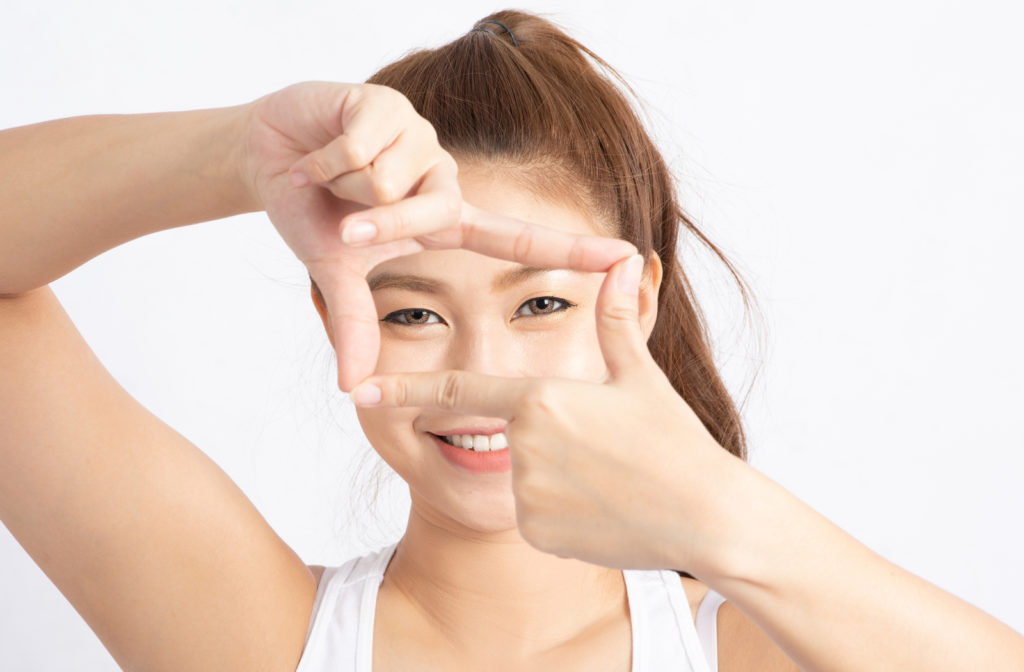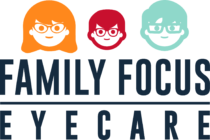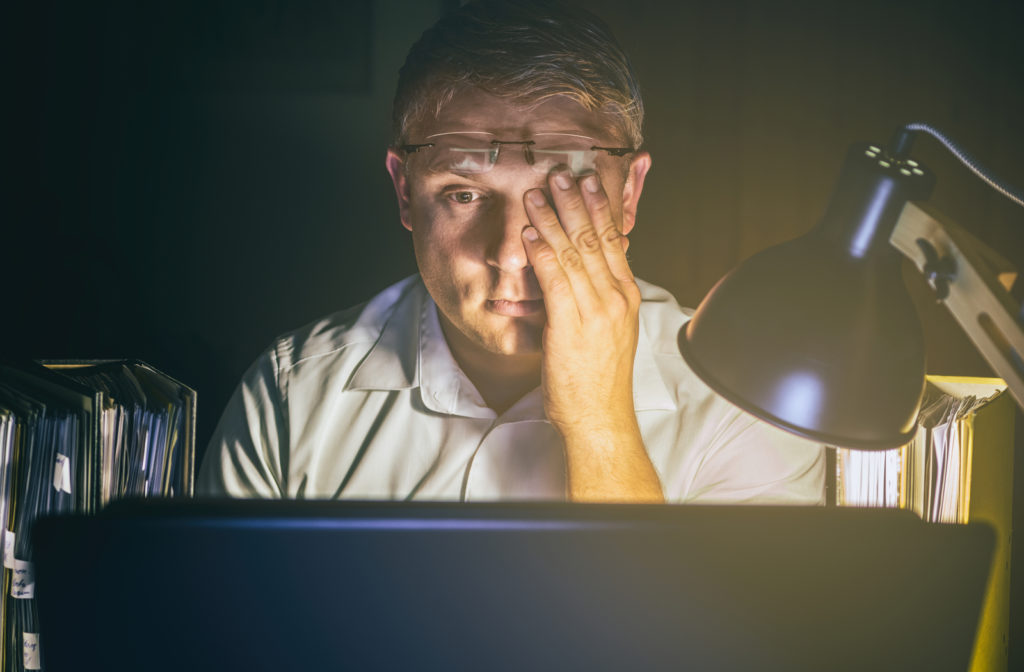Eyecare is essential, and that includes dealing with any issues that may cause discomfort and possibly even affect your vision. Dry eye disease is one of these eye care issues that can bring a great deal of discomfort and hamper productivity. Staying consistent with your annual eye exam to determine overall eye health and report any dryness or irritation is key.
Dry eye disease can appear at any time, even at night. But what is dry eye? And what causes dry eyes to flare up at night? Let’s take a look.
What Is Dry Eye Disease?
Dry eye disease occurs when your eyes are not properly lubricated. Dry eye is more likely when your eyes don’t produce enough tears.
Reasons for decreased tear production may include:
- The normal aging process
- Certain medications like antihistamines or antidepressants
- Nerve damage caused by eye surgery
- Vitamin A deficiency
Your tear film consists of 3 layers: fatty oils, aqueous fluid, and mucus. This combination keeps your eyes lubricated, and any interruption to these layers can lead to dry eyes. Even overnight, while sleeping, this disruption can occur.
It’s essential to communicate any issues with tear production you may be having with your optometrist.
Dry eye disease can be very uncomfortable to deal with, and it’s important to look out for the symptoms.
Symptoms of dry eye include:
- Stinging, burning, or scratchy feeling in your eyes
- Sensitivity to light
- Eye redness
- Difficulty wearing contact lenses
- Blurred vision or eye fatigue
- Struggling with nighttime driving
- Watery eyes
Dry eye disease can appear at any time, and it’s important to know what symptoms to look out for.
Dealing With Dry Eye at Night
Settling in for the evening after a long day is always a great feeling—the last thing you want to deal with is a flare-up of dry eye.
Dry eyes can appear at night from an accumulation of activities throughout the day. Whether that means staring at a computer all day for work or reading something all day with reduced blinking. This reduced blinking can dry out your eyes and cause discomfort at night.
Other factors that may cause dry eyes at night include:
- Nocturnal lagophthalmos—people with this condition don’t fully close their eyelids at night, and not forming this seal that holds in moisture can cause dryness.
- Prolonged contact lens use can result in your eyes drying out over the day, and dryness becomes even more pronounced at night.
- Environmental factors such as dry air, wind, or smoke can result in dry eyes throughout the day and feel worse at night.
With these causes of dry eye, taking care of your eye health can help provide some relief for nighttime dry eyes.
Some at-home remedies you can use to provide relief include:
- Applying a warm washcloth to your eyes
- Cleaning your eyelids
- Getting more omega-3 fatty acids
- Using castor oil drops to help reduce tear evaporation
Your optometrist will assist you and provide you with further in-office treatments as needed. IPL therapy is one of those concentrated in-office treatments that can help you deal with dry eyes at night and throughout the day.
Intense Pulsed Light (IPL) Therapy
IPL therapy is an in-office treatment method that focuses on dry eye disease caused by meibomian gland dysfunction.
The oil layer of your tears comes from tiny, oil-secreting glands along the eyelids. These are called meibomian glands, and when they are blocked—there is not enough quality oil to keep your tears from evaporating.
This leads to meibomian gland dysfunction.
IPL therapy uses light energy to warm the meibomian glands and liquefies any blockages, effectively softening them. The light also targets blood vessels around the eye—decreasing inflammation.
Some benefits of IPL Therapy include:
- Noninvasive
- Very few possible complications
- Results can be maintained
- Well-tolerated by most people
IPL therapy is a great option if you’re dealing with any issues with meibomian gland dysfunction.

Monitoring Dry Eye
With dry eye disease, you should always remain vigilant and watch out for any symptoms or bad habits. Dealing with dry eyes at night when settling in can bring discomfort and anxiety—managing dry eyes starts with proper treatment methods.
Book an appointment with your optometrist to learn more about dry eye disease and get to the bottom of any dry eye issues you may be dealing with.



